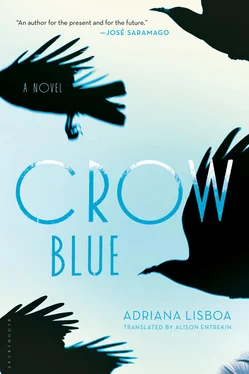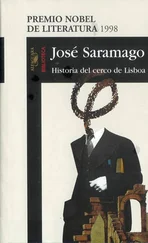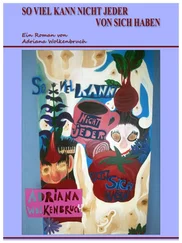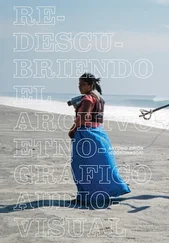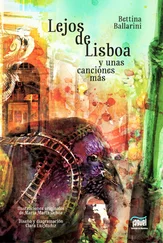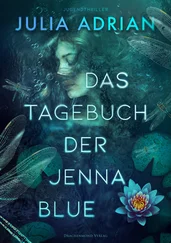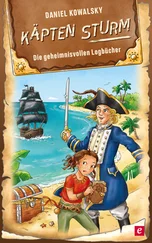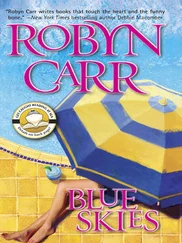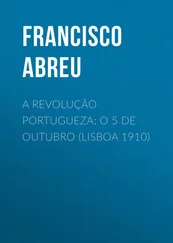The world didn’t owe me anything, but it didn’t stop me from haphazardly following a haphazardly-drawn path, which was of no importance in anyone’s life, and which could have passed as in fact it did: on the sidelines of everything. Almost a blank.
But let’s just say, for the sake of this story, that everything began with her. Thirteen years earlier.
She was the one who had taught me English and Spanish. It was what she knew how to do. If she’d been a yoga teacher, she’d have spent twelve years teaching me yoga, and if she’d worked on the land I’d have had a hoe before I’d even learned to talk. It was what she knew how to do, and she thought it a waste not to pass on to me, for free, as an inheritance, some kind of knowledge.
It was English and Spanish because she’d lived in the United States, in Texas and New Mexico, for twenty-two years, and if there’s one thing that twenty-two years in a place will impose on you it is mastery of the local language, even if you don’t have any special talent for it.
My mother had learned English formally at school. Spanish, informally, with the tejanos .
And I learned both from my mother, submitting to her lessons with a resistance that was never any match for hers.
¿Es el televisor?
No, senõr (señorita, señora), no es el televisor. Es el gato.
Once upon a time there were four little Rabbits, and their names
were —
Flopsy,
Mopsy,
Cottontail,
and Peter.
(Later on I saw Peter Rabbit in supermarkets at Easter. I remembered my mother. I also remembered Flopsy, Mopsy and Cottontail, who were very good little rabbits and thus escaped life’s punishments, though they lacked Peter’s heroic charm.)
The mothers in my family die young. By the age of nine my mother had lost her mother and gone to Texas with her geologist father. A work opportunity for him, which he’d gotten through his contacts’ contacts’ contacts.
My mother grew up in Texas. One day (she never told me why, and somehow I didn’t think I should ask) she severed ties with her father and moved to New Mexico.
My mother liked severing ties with men and disappearing from their lives. The tendency began there, with my geologist grandfather.
She found a little house in Albuquerque, near Route 66, with its old-fashioned charm, more than a decade before I was born. One of those little adobe houses, with a flat roof resting on wooden beams that ran horizontally through the walls.
She still lived in this house when I was born. We lived there until I was two. I visited it much later, with Fernando and Carlos, my improbable pair of travel companions, one icy November day. It was a small house of the most absolute simplicity, as if it had sprung from the ground itself.
My mother made her living teaching English to Mexicans migrating back to New Mexico — some time after the Americans had migrated there, as she liked to say. Who was foreign there, who was a local? What language did the land speak? (In essence, it didn’t speak English or Spanish, because the people who were there when the explorers and conquistadores arrived were Navajo and Anasazi and Ute. And others. And others before them. But none with the surnames Coronado or Oñate, no one known as Cabeza de Vaca. Or Billy the Kid.)
My mother also taught Spanish to Americans. University students sometimes sought her out. Some, very few, wanted to learn Portuguese. By this time it was the least fluent of her three languages. But because of her students she delved into Brazilian music and films and books. The few Americans interested in Brazil made my mother rediscover Brazil, perhaps a little clumsily at first, with the awkwardness of the prodigal child who returns home with their hands in their pockets and drooping ears. But who a short time later are crossing their feet on the table and flicking cigarette butts into corners.
I don’t remember my early childhood in Albuquerque, of course. When I travel back in time, it feels as though I was born in Rio de Janeiro. More specifically, on Copacabana Beach — right there on the sand, among the pigeons and the litter left behind by beachgoers. I think of Copacabana. I close my eyes and even if I’m listening to Acoustic Arabia and burning Japanese Zen-Buddhist temple incense, what reaches my senses is a faint whiff of sea breeze, a faint taste of fruit popsicles mixed with sand and salt water. And the sound of the waves fizzing on the sand, and the popsicle vendor’s voice under the moist Rio sun.
I remember the light, my fingers digging tunnels and building castles in the wet sand, patiently. There were other children around, but we were all the beginning, middle and end of our own private universes. We played together, that is, sharing space in a kind of tense harmony, but it was as if each child were cocooned in his or her own bubble of ideas, sensations, initiatives, and state-of-the-art architectural projects involving wet sand and popsicle sticks.
So I was born at the age of two on Copacabana Beach, and it was always summer, but a summer wedded to water, and my tools for changing the world — for altering it and shaping it and making it worthy of me — were a little red bucket and a yellow sieve, spade and rake.
And further along was a horizon to which I gave no thought. The imaginary line where the sky and sea parted company, liquid to one side, not liquid to the other. A kind of concrete abstract.
I left the horizon in peace and preferred to dream of islands, which were real, and which maybe I’d be able to swim to if I ever got serious about swimming, and which were separated by a world of different shadows, a world where speeds and sounds were different, where animals very different to me lived. A world of fish, of algae, of mollusks, of crow-blue shells — like those I would read about in a poem, much later. A whole other life, another register, but a human being could actually swim between them, observe them, dive to the ocean floor in Copacabana and touch the intimacy of the sand, there, so far from the popsicle sticks and volleyballs and empada vendors. The intimacy that was completely alien to the usual chaos of the neighborhood of Copacabana, where people hurried along or dawdled with the elderly gait of the retired or mugged or got mugged or queued at the bank or lifted weights at the gym or begged at traffic lights or pretended not to see people begging at traffic lights or looked at the pretty woman or were the pretty woman with the tiny triangles of her bikini top or tallied up prices on the supermarket cash register or picked up litter from the sidewalks and streets or tossed litter on the sidewalks and streets or sold sex to tourists or wrote poems or walked their dogs. The drama of the city didn’t even figure in the subconscious of the ocean floor. It wasn’t important or relevant. It didn’t even exist there.
The horizon was the theme of those who yearned for the impossible. So they could keep on yearning, I guess. I’ve always thought it was complacent to search for something you’re never going to find. Pondering the poetry and symbolism of the horizon wasn’t for me. I preferred to ponder islands and fish.
Or, better yet, the architecture of the castle I was building that morning, which was not going to crumble this time. I was making some improvements to the project, which had already failed several times.
There were children and adults around me; I was aware of their existence more or less peripherally. We could get along well if we didn’t bother one another, if we interacted as little as possible. The beach was large and free of charge, the sun was for everyone.
Читать дальше
